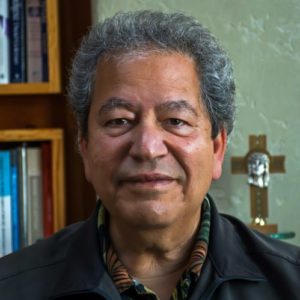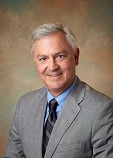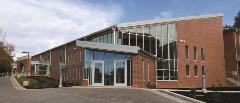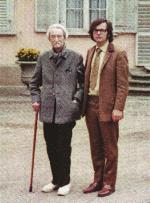Thursday, March 24, 2022, 4 p.m.
Held Virtually
Lecture Abstract
De-sign (design and semiotics) is an intentional way for humans to not only create a meaningful reality but also to share with God the act of creation, with the proviso that God’s creation is more evoking rather than commanding. Beyond the debate over determinism and free will, the will of God and the desires of humans are intertwined through the union of Agape and Eros; going beyond “either-or” tendency into “both-and” stance. All aspects of lifeworld draw out each other, where God’s creative love—in Charles Sanders Peirce’s view—is an ongoing continuous process. The relationship between God and humans is based on the mutual fulfillment through evolutionary love.
Farouk Y. Seif, Ph.D. is Professor Emeritus, Antioch University, Seattle, WA, past President of the Semiotic Society of America (SSA), former Executive Director of the SSA, a registered architect, and a Fellow of the International Communicology Institute. His main interests are design and semiotics for social and cultural change, paradoxes, transdisciplinarity and transmodernity. He taught in universities and lectured at conferences in Argentina, Austria, Brazil, Bulgaria, Canada, China, Demark, Egypt, Estonia, Finland, Germany, Greece, Hungary, Kirgizstan, Latvia, Lithuania, Mexico, Romania, Spain, Turkey, and USA. He was the recipient of the 2010 Fulbright Specialists Program at University of Sofia, Bulgaria. Professor Seif is the author of more than 50 articles and a dozen book chapters. His newly published book De-sign in the Transmodern World is a state-of-the-art integration of design and semiotics.




